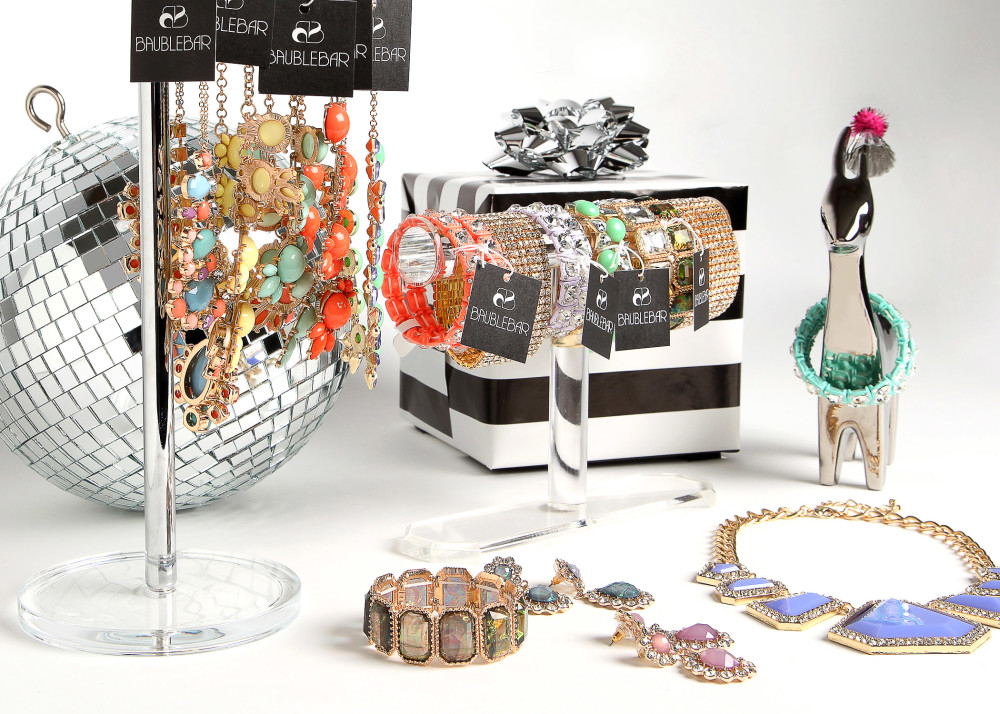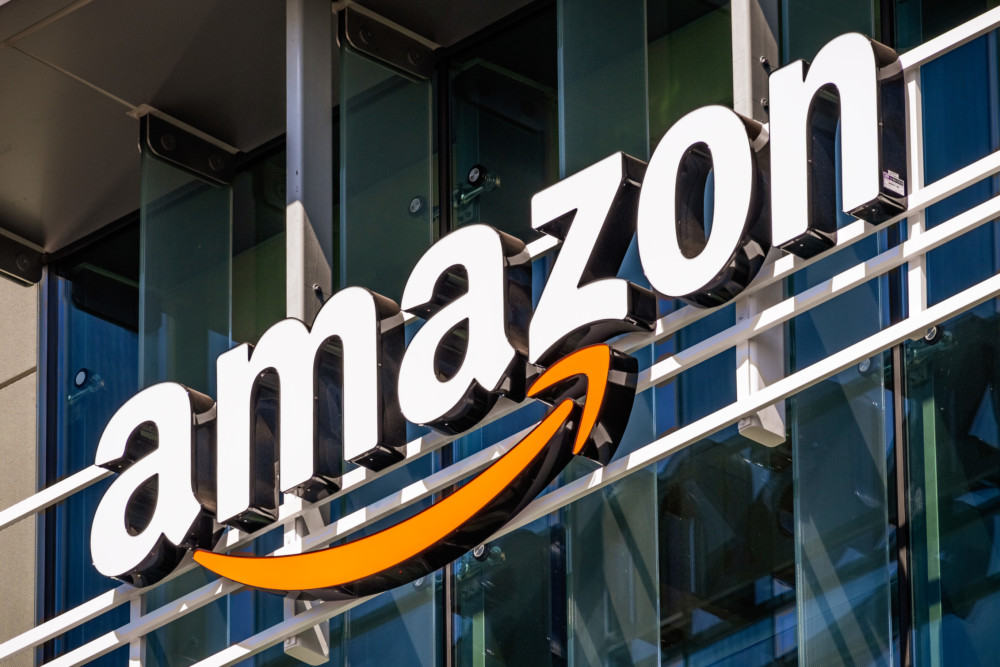By Frank Shyong
Los Angeles Times
WWR Article Summary (tl;dr) Fascinating article on the growth of social media fueled transactions for luxury goods. Basically, people here in the U.S. are serving as intermediaries. People are buying items like Coach purses, Prada bags and jewelry, repackaging the products and then shipping them to people in China, avoiding higher prices and import taxes. These transactions have grown so popular in China that they’ve become an industry known as daigou, a Chinese phrase that means “to buy on behalf of.” For women in business like Jennifer Zhong, it’s been pretty simple, she runs her own online store from her LA apartment called “Jia Jia Buys It For You”
Los Angeles Times
Jennifer Zhong’s phone buzzes with a message from one of her 4,000 followers on Weibo, a Chinese service similar to Twitter.
A client in China wants to buy a gold Baublebar necklace, but it’s expensive and inconvenient to order products from U.S. websites.
Zhong taps over to another Chinese social network, WeChat, to discuss the transaction, and they settle on a price: $52.
In her downtown Los Angeles apartment, Zhong flips open her laptop and finds the necklace on Baublebar’s website at the sale price of $32. When the package arrives, one of the employees of her online store, Jia Jia Buys It for You, removes the receipt, tears off the tags and repackages it for shipment to China.
Social media-fueled transactions such as these have grown so popular in China that they’ve become an industry known as daigou, a Chinese phrase that means “to buy on behalf of.”
In 2015, luxury daigou purchases were valued at up to $7.6 billion, or nearly half of China’s overall luxury purchases, according to an estimate by Bain and Co., a consulting firm that tracks consumer trends in China.
And in the San Gabriel Valley and other Chinese communities nationwide, immigrants rich and poor have embraced daigou as a way to earn a living at the intersection of the world’s largest economies, reaching for American prosperity by serving China’s wealthy.
The business first took root in 2008, when Chinese milk containing a toxic additive killed at least six infants and sickened hundreds of thousands more.
The scandal created huge demand for overseas milk powder, which quickly became and remains one of daigou’s most popular products. Quality control scandals for products such as toothpaste, cosmetics and medicine also have motivated Chinese consumers to shop overseas.
But daigou really began to take off in 2011, when Chinese e-commerce platforms such as Taobao gave buyers a platform to grow their business beyond their friends and family, says Charlie Gu, director of China Luxury Advisors, a company that helps high-end brands reach Chinese consumers.
Frustrated by luxury-good counterfeiters, Chinese consumers stepped up their purchases through intermediaries in the U.S., Japan, France, South Korea and other countries.
The rise of Chinese social networks such as Weibo and WeChat also facilitated the person-to-person connections that are daigou’s lifeblood, Gu says.
And in the U.S. and Southern California, the massive influx of Chinese students at universities and colleges provided the industry with a labor force.
Some entrepreneurs open shipping businesses to facilitate the flow of goods, while Chinese students, tour guides and anyone with contacts in China earn extra income as buyers, lining up Coach purses, Prada bags, Michael Kors shoes and other luxury products that are significantly cheaper in America.
Chinese students, who typically come from middle- to upper-class families that can afford to buy goods overseas, serve as daigou agents for their personal networks. Recommendations expand their networks and increase their revenues.
The person-to-person nature of the business makes it harder for the government to crack down on daigou, which undermines domestic firms by allowing Chinese buyers to avoid higher prices and import taxes.
“The Chinese government can’t tell your friends and family not to buy things for you,” Gu says.
Zhong, 26, came to the U.S. to study at USC and noticed students using daigou to earn extra money.
“This is a business where you can’t really lose money,” she says. “It’s just a matter of how much you want to make.”
She’ll earn about $10 for selling the necklace, one of 200 or so purchases she makes each month. Shopping online or making trips to the Beverly Center or local outlet malls, she makes anywhere from $3,000 to $10,000 a month from her business, she says.
The necklace and millions of transactions like it create economic ripples in Chinese neighborhoods across the U.S.
Zhong’s repackaged gold Baublebar necklace, for example, passes through AAE Global, a ship-to-China company with locations in Hacienda Heights, San Gabriel, Monterey Park and the City of Industry.
Such immigrant-centric shipping businesses have proliferated in the parts of Los Angeles County where Chinese live and work.
In San Gabriel, all of the city’s 15 ship-to-China businesses sprang up after 2011. South El Monte saw four Chinese shipping businesses open in 2015, and dozens more are scattered throughout surrounding Asian communities including Rosemead, Monterey Park, Rowland Heights, Walnut and Diamond Bar.
One of the largest companies, LLP Global, has expanded to 70 locations and six warehouses across the U.S. in just two years, with 10 locations in the San Gabriel Valley. Chief Executive Steven Luo says he tries to put them near college campuses and major metropolitan areas where Chinese populations are high.
Despite China’s recent attempts to tighten customs checkpoints, Luo is betting on the daigou industry’s expansion.
“China and the U.S. are the biggest growing economies, and there will always be this kind of business between them, and it will only get bigger,” Luo said.
Already, the Industry warehouse of LLP Global ships more than 3,000 packages via air mail every day. The boxes pile up on shelves and packing tables strewn across a cavernous warehouse, wrapped with labels reading “Coach bag,” “GNC Vitamins” or “Gerber baby food.”
The company also rents space to daigou buyers who have started retail store-like businesses.
They purchase large inventories of goods during sales and market them to Chinese consumers via social media. Boxes of California Baby brand lotion, mosquito repellent and ointments occupy a row of shelves in the back, and in one corner, dozens of lime green Adidas boxes hold Neo Lite Racer Slip-on shoes in every color and size.
They’re going for $24 to daigou customers, significantly less than what they go for on Amazon.com.
Luo has made a career from Chinese appetites for American goods.
buy kamagra soft generic buy kamagra soft online no prescription
One of his first successes came after the “Transformers” films were released in China. Chinese parents searched desperately for the dolls based on the movie. But they weren’t widely available at the time, Luo says. He contacted a friend in America who sent him several boxes. He made a killing.
“Daigou is a very easy way to make money,” Luo says. “All you need is WeChat and people to sell to.”
On Valley Boulevard in San Gabriel, yet another shipping business, Junying International Corp., opened in October. Owner Jason Liu is new to the industry and his store isn’t generating huge profits yet.
But Liu is confident about his decision to hitch his livelihood in America to Chinese consumers’ lack of faith in Chinese products.
“People don’t trust Chinese brands anymore,” Liu says. “It’s not always cheaper to buy in America, but here they can at least have peace of mind.”
Thanks to daigou, he now spends more time with his family. And shipping pays better than his last job: working at a Chinese restaurant.
















































































































































































































































































































































































